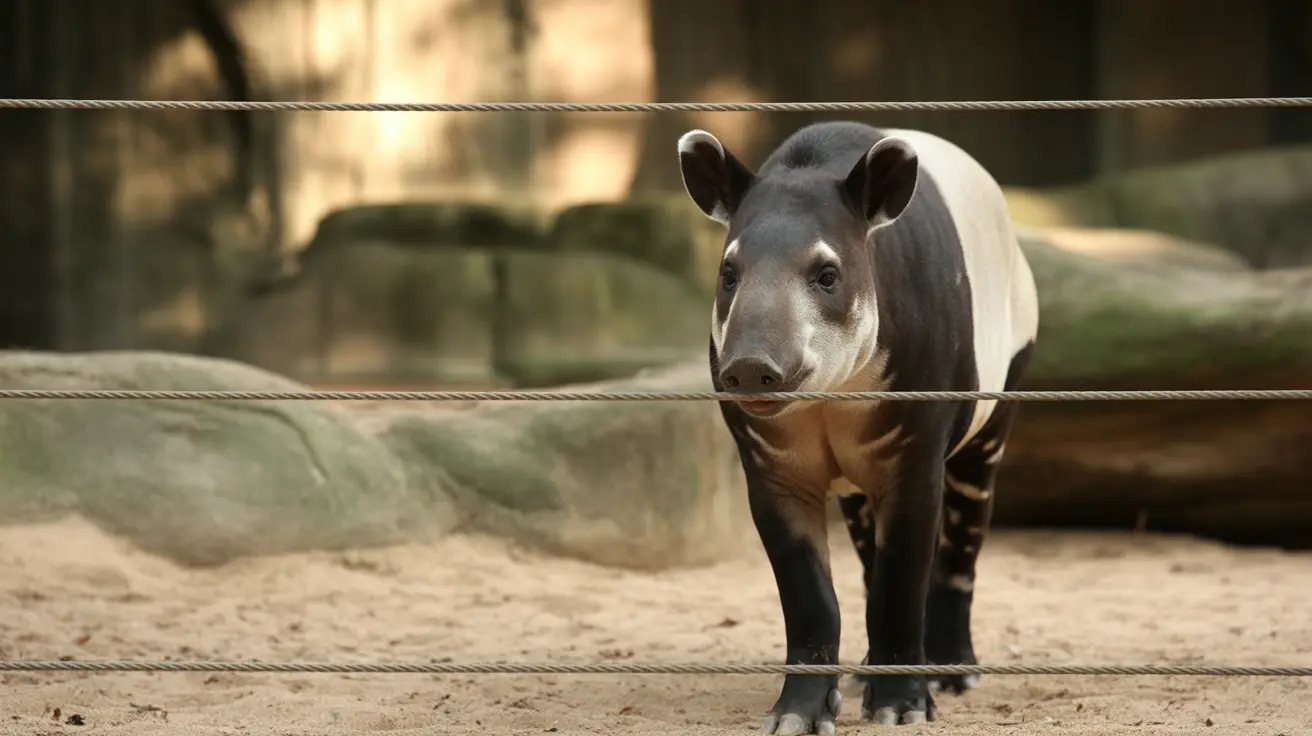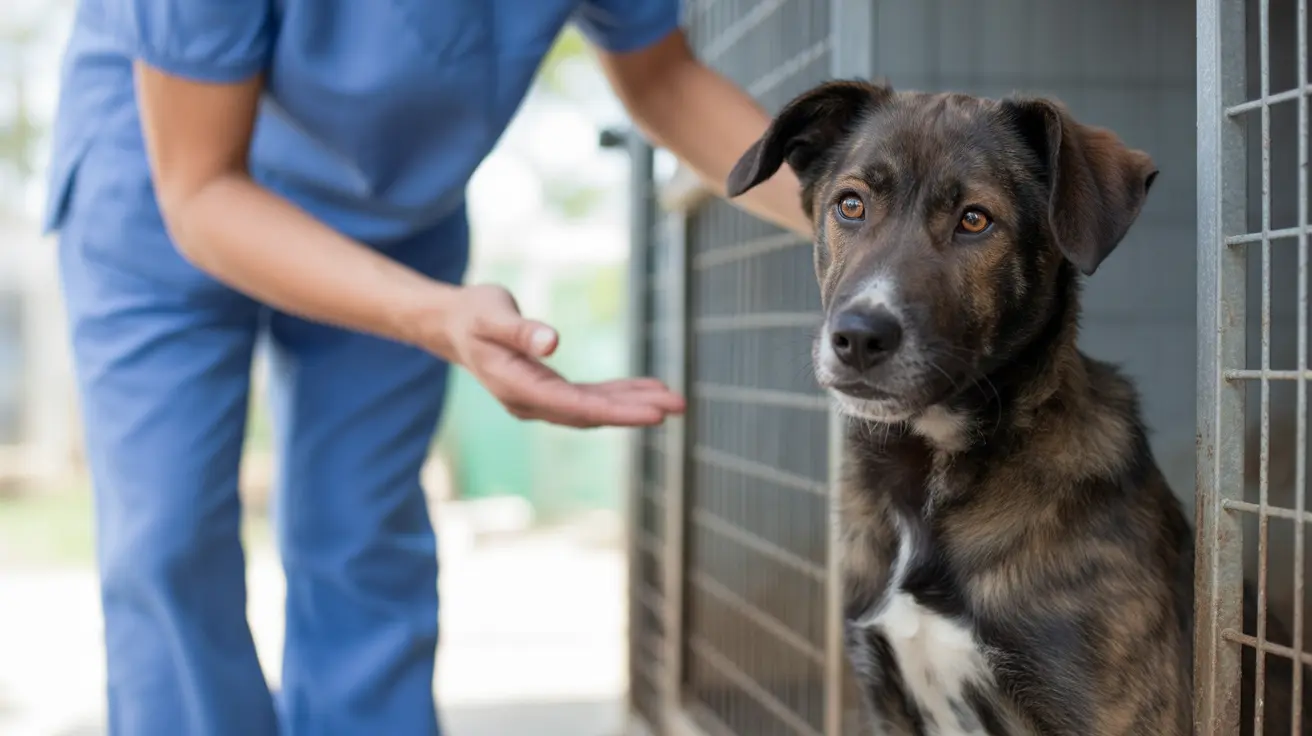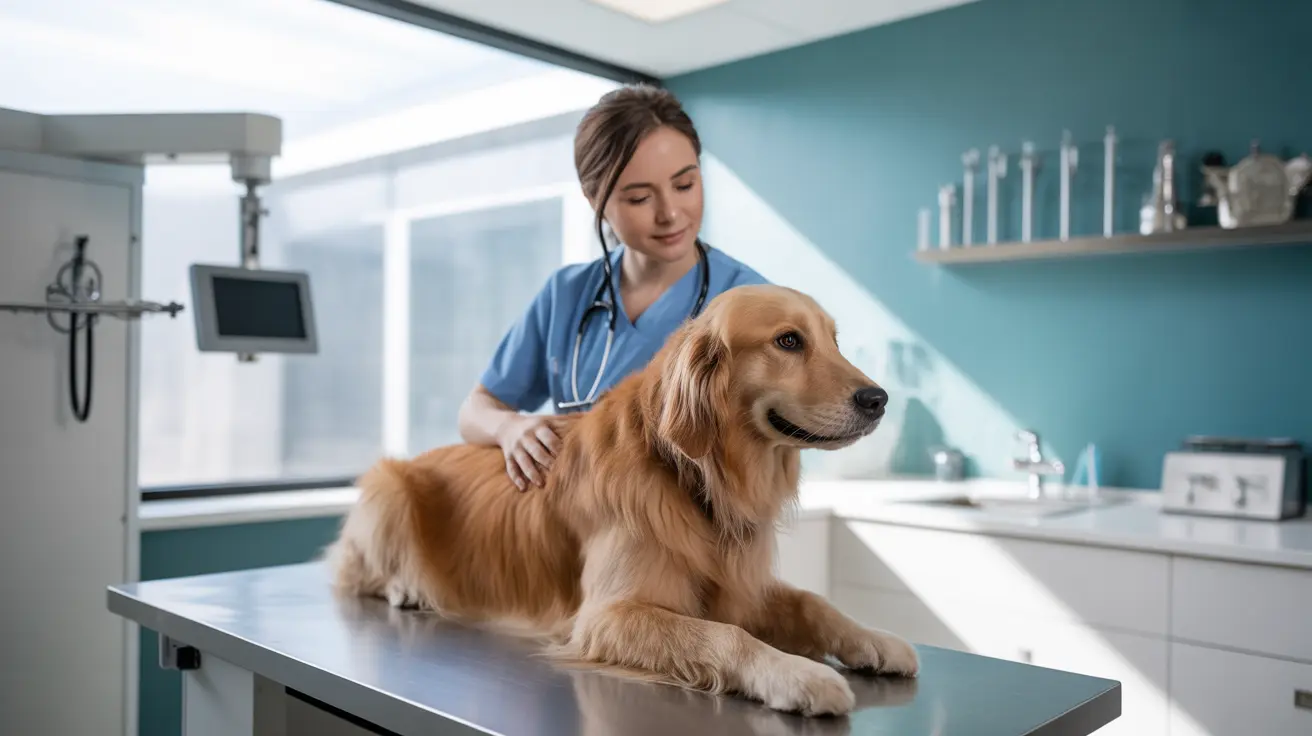Understanding Why Your Dog's Nose Is Dry
Your dog’s nose is more than just adorable—it’s a vital organ that helps them explore the world. A moist nose enhances their sense of smell and even helps regulate body temperature. But what does it mean when your dog’s nose feels dry? Let’s break down the possibilities, from everyday causes to situations that need a vet’s attention.
Normal Reasons for a Dry Nose
It’s common for dogs’ noses to shift between wet and dry throughout the day. Here are some typical reasons:
- Sleeping: When dogs nap, they stop licking their noses. After waking up, their noses often feel drier but quickly regain moisture with a few licks.
- Environmental Factors: Dry air (especially from heaters in winter), sun exposure, or spending time in a warm room can make a nose temporarily dry.
- Breed Characteristics: Some breeds—like pugs or bulldogs—have short snouts that make it tough to lick their noses, so they’re naturally drier.
- Aging: Senior dogs often have drier noses due to changes in skin and mucus production as they get older.
If your dog seems healthy otherwise, these causes are usually nothing to worry about.
Mild Dehydration and Allergies
A dry nose might also signal mild dehydration. If your dog hasn’t had enough water (after exercise or on hot days), their nose can lose moisture. Make sure fresh water is always available—most dogs bounce back quickly once they rehydrate.
Allergies—whether from food, pollen, cleaning products, or other irritants—can also play a role. Sometimes allergies cause not just dryness but also sneezing, watery eyes, or itchy skin. Overactivity outdoors during pollen season or minor sunburn can both leave your dog’s nose feeling parched for a bit.
When Is Dryness a Concern?
A consistently dry nose—or one that’s cracked, bleeding, crusty, or scabbed—is worth investigating further. These symptoms could point to:
- Sunburn: Dogs with light-colored noses are especially at risk if they spend lots of time outside without protection.
- Infections: Bacterial or fungal infections may cause persistent dryness and changes in the appearance of the nose.
- Autoimmune Diseases: Conditions like lupus or pemphigus foliaceus can lead to crusting, pigment loss, ulceration, and chronic dryness on the nose surface.
- Metabolic Disorders: Hypothyroidism and diabetes sometimes show up as changes in the skin and mucous membranes—including the nose.
- Hyperkeratosis: This thickening of the outer skin layer leads to roughness and cracking; it may be genetic (common in certain breeds), age-related, or linked to illnesses like distemper or zinc-responsive dermatosis.
If your dog has any of these signs—or if you notice thick yellow/green/bloody discharge from the nostrils, appetite changes, breathing trouble, vomiting/diarrhea, lethargy, poor skin elasticity (a sign of dehydration), sunken eyes, thick saliva—it’s time for a vet visit.
Treatment Options
The best treatment depends on what’s causing the dryness. For simple cases (sleeping too long near a heater or mild dehydration), try these steps:
- Encourage regular drinking with fresh water available at all times.
- Add humidity to dry rooms using a humidifier.
- If your dog spends time outside in strong sun, use pet-safe sunscreen (ask your vet first).
- Cleansing gently with a damp cloth removes dirt and allergens from the nasal area.
If dryness persists due to hyperkeratosis or chronic conditions, specialized dog-safe balms or coconut oil may help soften and protect the skin—just avoid human lotions unless your vet says they’re safe since dogs lick their noses frequently. For underlying diseases like autoimmune issues or infections, veterinarians might prescribe medications such as immunosuppressive drugs or antibiotics after running tests (bloodwork, biopsies).
The Importance of Observation
The key is knowing what’s normal for your dog. Some pets naturally have drier noses than others. If you see new cracks, bleeding patches, color changes, scabs—or if your pet acts sick—don’t wait: call your veterinarian. Regularly checking your dog’s nose helps you spot problems early before they become serious.





